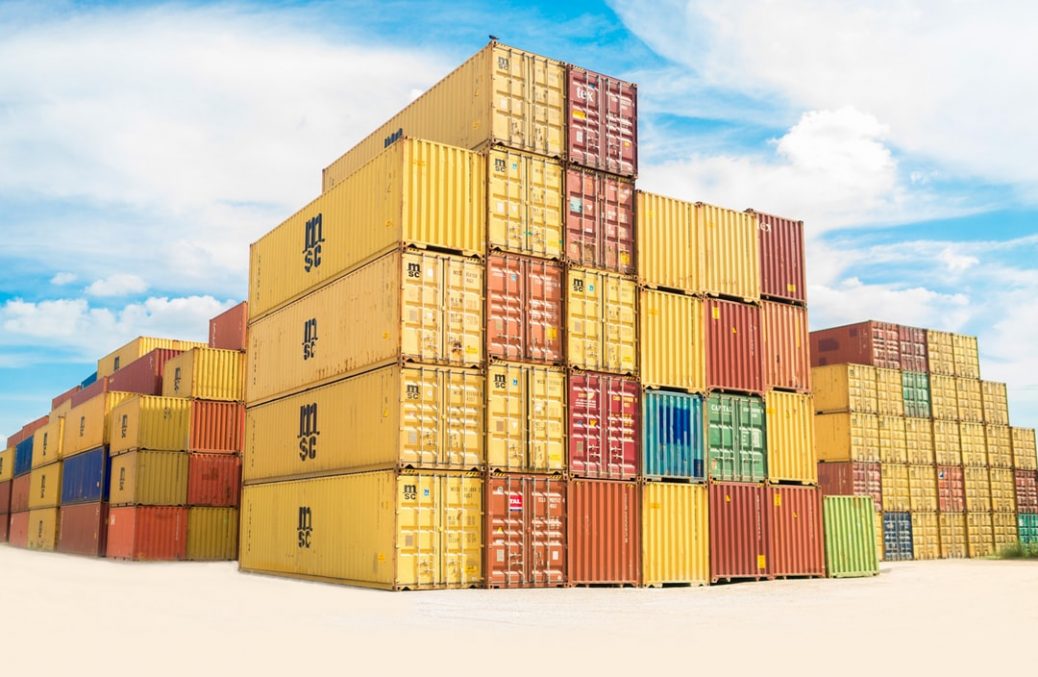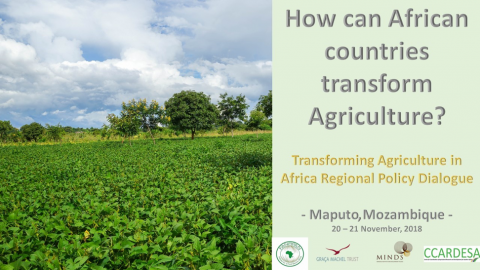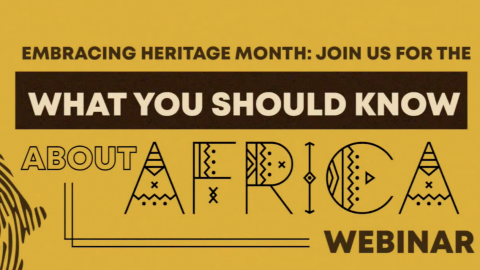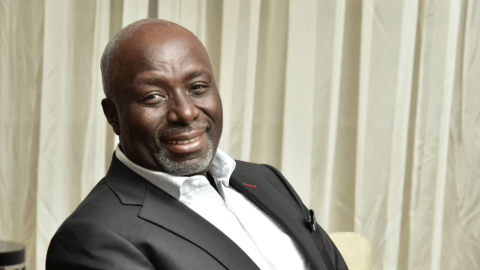The African Continental Free Trade Area (AfCFTA) agreement can positively transform the continent. However, this can only happen if Africans want it to succeed says Mandela Institute for Development Studies (MINDS) Founder Dr Nkosana Moyo.
“If countries agree to the rules of settling disputes and then disagree when those disputes are resolved […] then there is a lack of ownership and that is a problem. If it’s ours and we own it, we need to have confidence that it can succeed,” Dr Moyo says.
Dr Moyo spoke as a panellist at a MINDS and Southern Africa Youth Forum (SAYoF-SADC) follow-up information session on the AfCFTA agreement. *Speakers included a range of thought leaders from across Africa.
The April 15 session was an open conversation to help young people understand the AfCFTA agreement and their role in driving it forward. The discussion also created a platform for young people to share their views and raise questions on the issue.
The AfCFTA agreement came into effect on January 1, promising a new era where goods can move freely across the continent. While the development is fairly new, African Union Development Agency-NEPAD (AUDA-NEPAD) Director of Knowledge Management and Programme Evaluation Mr Martin Bwalya highlights that about five decades of groundwork by the African Union groundwork back the agreement. With that foundation laid, Mr Bwalya says he is optimistic about the success of the agreement.
“But I would not be optimistic on someone’s back – remember to get it to where it can succeed, the onus is on all of us,” he says.
The previous AfCTA webinar highlighted that Africa’s growth is impeded by issues such as high unemployment rates among the youth. Africa is the youngest continent in the world where its 10 and 12 million youth vie for the 3 million jobs available. In the backdrop is climate change that is increasing threat to the continent, impacting “human health, food and water security”, says United Nations Climate Change News.
Fikira Consulting Founder Ms Sophie Masipa says AfCFTA can help Africa address the issue of climate change – a conversation she says the continent is not having enough.
“I believe [AfCFTA] really provides a solution to many of our economic problems and could be a good way to try and respond to energy access and climate change,” Ms Masipa says.
While climate change is a burning issue, so is the Covid-19 pandemic. While Africans have shown resilience in the pandemic and shown the impacts of working together, Ms Masipa says the continent’s inequalities have also come to the fore.
“It has exposed some of the weaknesses in the system and we have to be sure we plug in those systems in the AfCFTA process now,” she says.
“If we don’t come together, then the world will continue to use us and use us for the sake of their own economy and our demise,” Mr Bwalya warns.
*Speakers included Dr Nkosana Moyo, MINDS Founder; Ms Bokang Mokati-Sunkutu, African Development Bank Regional Integration Coordinator; Mr Martin Bwalya, Director of Knowledge Management and Programme Evaluation AUDA-NEPAD; Ms Mwanja Ng’anjo, AUDA-NEPAD Head of Communications; Fikira Consulting Founder Sophie Masipa; and Mr Tshepo Magoma and Ms Ndahafa Hapulile from SAYoF-SADC.
Watch the full information session here.














